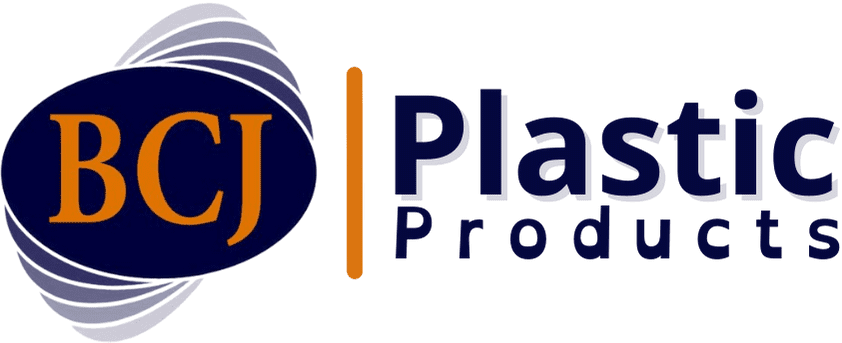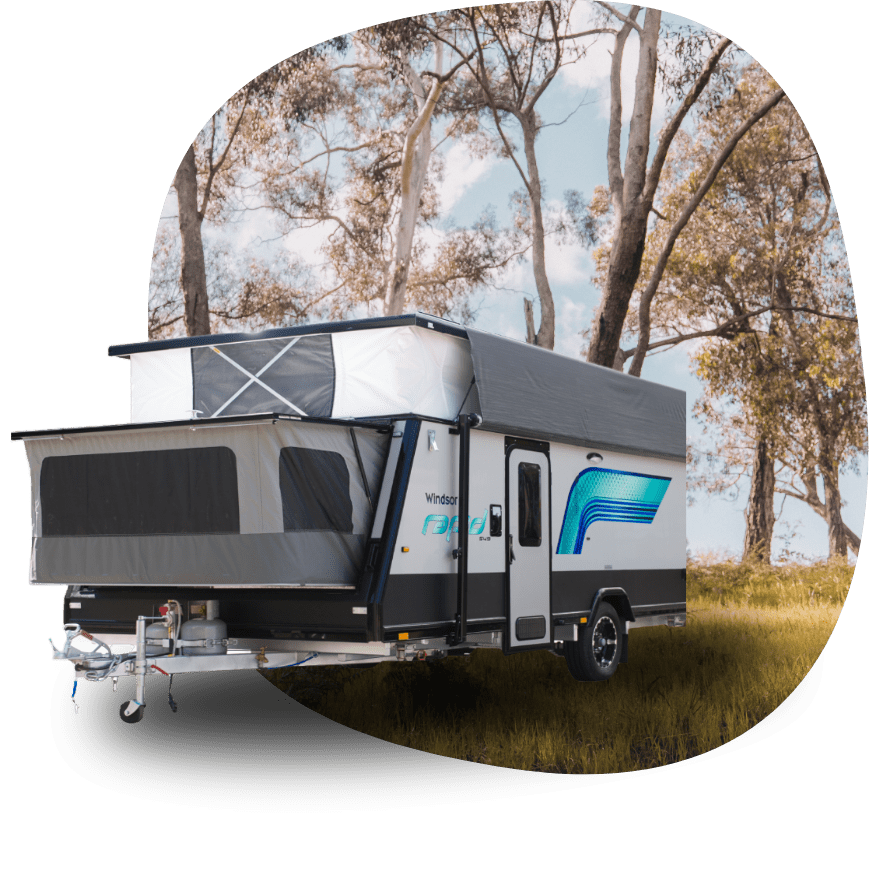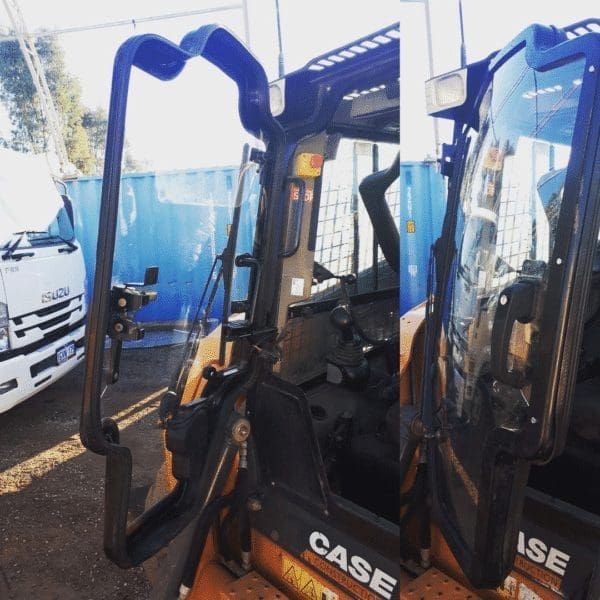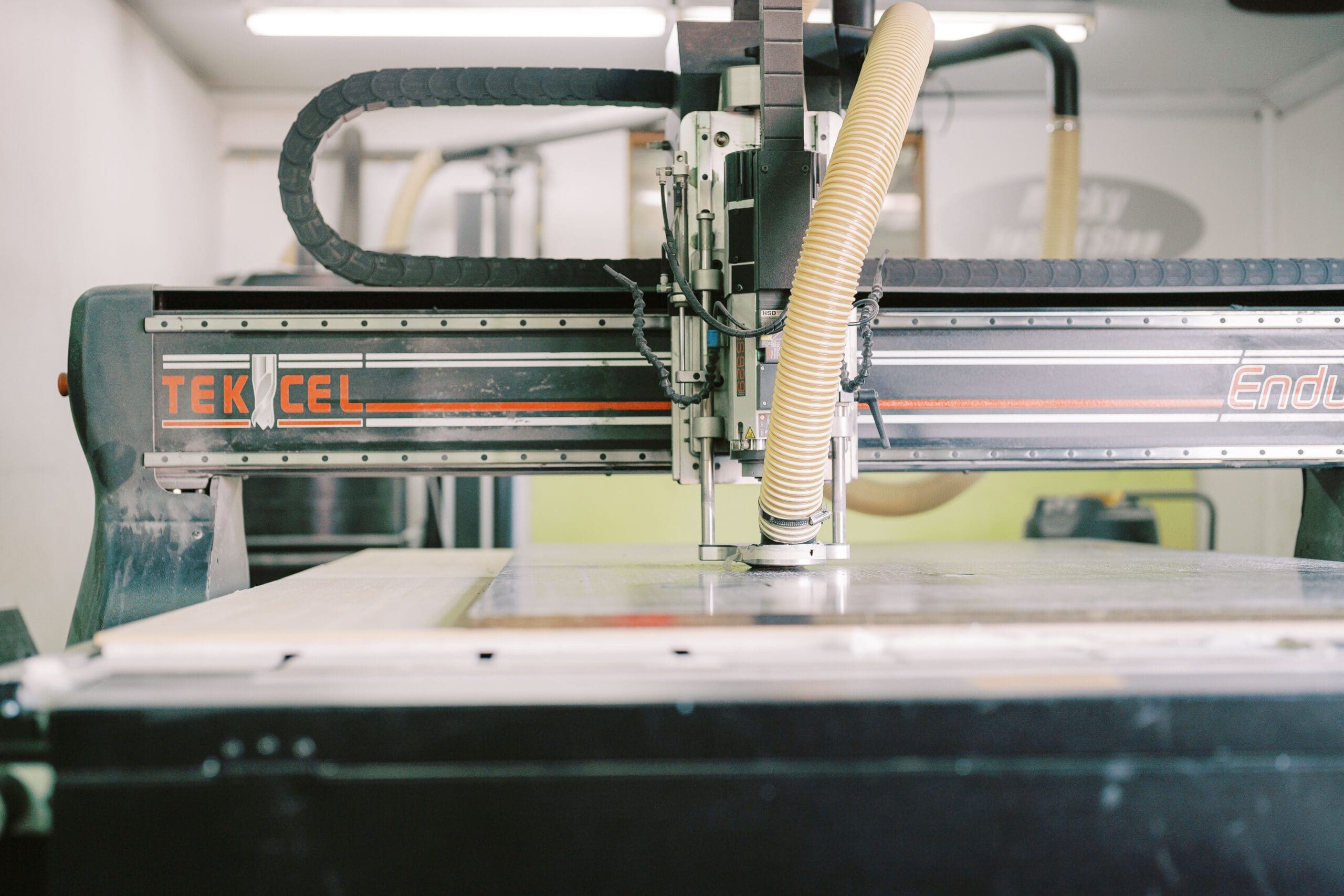
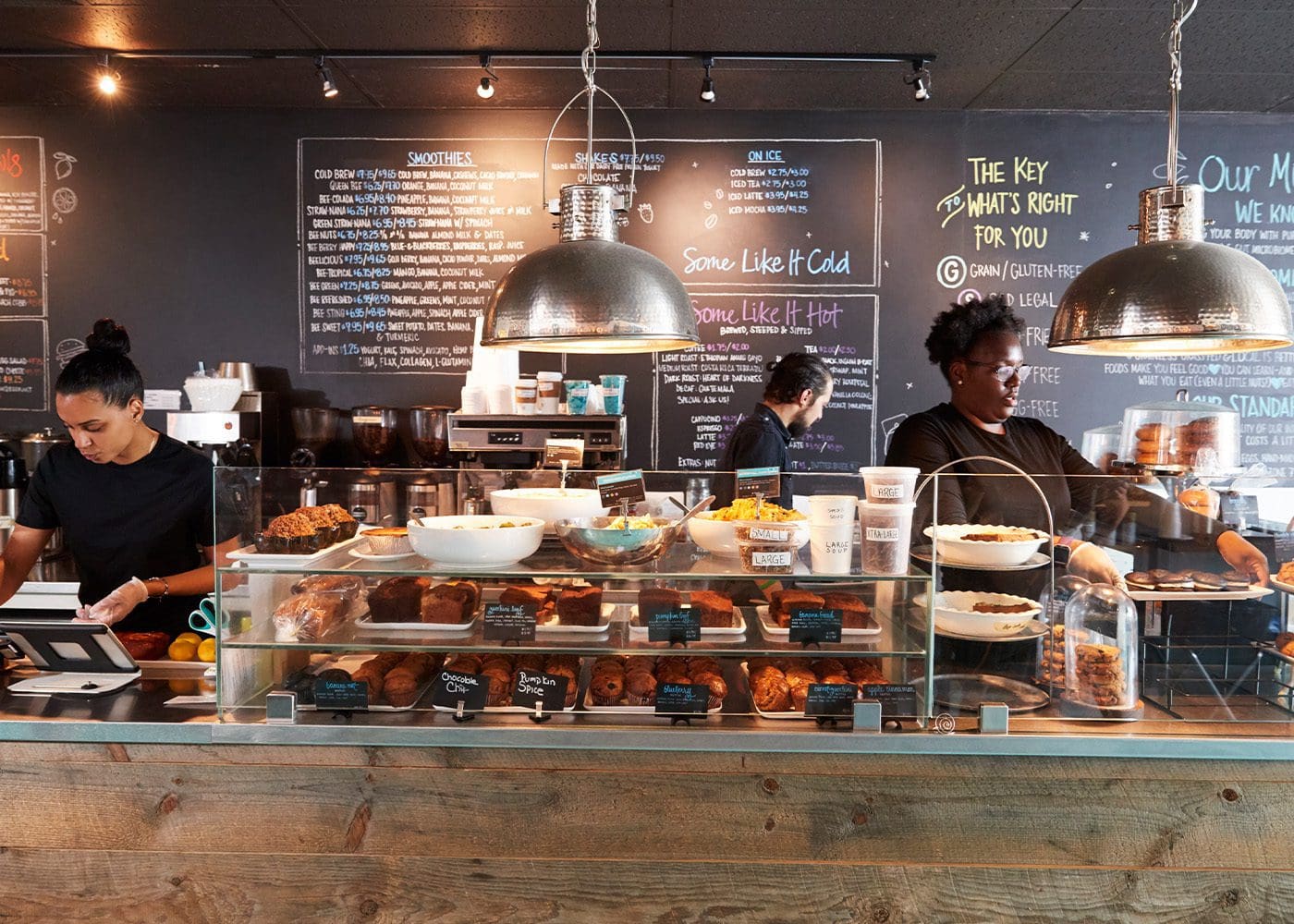
Food-grade plastics (also food-safe plastics) is a term used for plastics deemed safe for contact with food and beverages. If a plastic is food-grade, it has a certain level of purity and doesn’t include any dyes or recycled materials that are potentially hazardous if consumed by humans.
Certain acidic food and alcohol can cause plastic additives to leach into food or beverages, causing adverse health effects. If the plastic has a high enough purity, this will not happen and the plastic can be considered food-safe.
But we’re not just talking about takeaway containers. Food-safe plastics can be used for the manufacturing, packing, packaging, storage and transportation of food and beverages. It’s important that any plastic products used throughout this process be made from food-grade plastics. Otherwise the product may become contaminated.
These plastic products provide a vital service to Perth’s hospitality industry and many others. They are cheap to produce, lightweight and help increase your business’ safety and compliance.
5 Best Food-Grade Plastics
- High-Density Polyethylene (HDPE)
HDPE is the most common household plastic. It’s also the one used by most hospitality services in Perth. It’s a hard opaque material that’s very strong, but also lightweight. For example, a milk bottle may weigh only 55g, but can hold three litres of milk. HDPE is also used to make soft drink bottles, butter containers and pasta packets. - Low-Density Polyethylene (LDPE)
Although LDPE has very similar properties to HDPE, it’s a less firm plastic. Everyday items are made from LDPE, such as cling film and sauce squeezy bottles. It can withstand a variety of temperatures without leaking dangerous toxins and repels microorganisms. While it can be recycled, the FDA does not consider recycled LDPE to be safe for food usage. - Polycarbonate (PC)
Polycarbonate is another food-grade plastic used in items like water bottles and serving bowls. However, there has been some debate over the presence of bisphenol A (BPA) in polycarbonate. But numerous tests have been run by scientists and the level absorbed by the body is considered so minimal that it has no apparent negative physical effects. - Polyethylene Terephthalate (PET)
PET is commonly seen in your kitchen pantry. It’s generally used for larger soft drink bottles and peanut butter jars. PET is unique, as both virgin and recycled PET are considered food-grade plastic. It can repel microorganisms and is non-corrosive. - Polypropylene (PP)
Polypropylene is most often used for single-serve containers like yogurt cups, but also in reusable containers that can store leftovers. It’s microwave safe and nonvolatile, meaning it will not react with any type of food you store in it, whether it’s acidic, basic or liquid.
Can Food-Grade Plastic be Recycled?
Yes! Most food-grade plastic can be recycled. There are a small number of types that cannot, but most can be recycled using one of two methods:
- Mechanical recycling (traditional recycling) – plastic products are melted and then processed into new plastic products. The process of moulding is called injection moulding.
- Chemical recycling – multiple types of plastic are recycled together to create a new product. But because there’s more than one type of plastic used, the new plastic may not be food safe.
HDPE is one of the most commonly used food-grade plastics and can be easily recycled. However, recycled HDPE must be reviewed on a case-by-case basis as it can become unsafe during the recycling process.
Common Uses of Food-Grade Plastic
The bulk of food-grade plastics usages are of course in the hospitality and beverage industries. But uses can be more varied than you think:
- Storage of purchased takeaway food
- Food storage in restaurants and hospitality establishments
- Ingredient trucks
- Bottle skips
- Medication bottles and storage in the pharmaceutical industry
- Storage of grains and foodstuffs in the agriculture industry
- Storing of animals (eg. fish farms)
Where Can I Buy Food-Grade Plastic?
Food-grade plastics covers a number of plastic products that are safe for commercial and personal food and beverage storage.
Are you looking for food-safe plastic products or hospitality supplies in Perth? Get a quote online or call us on (08) 9353 3477 for expert plastic fabrication and high-quality plastic products.
